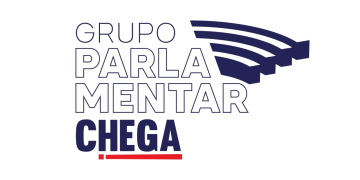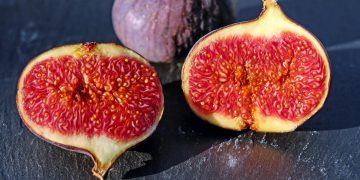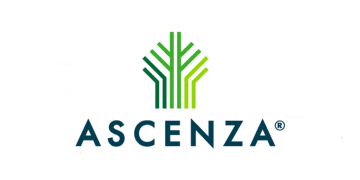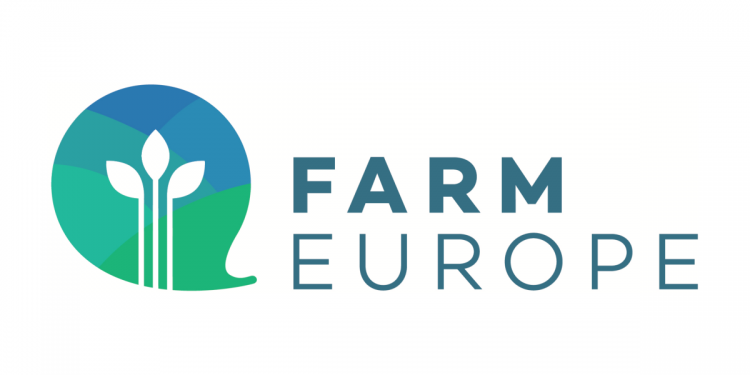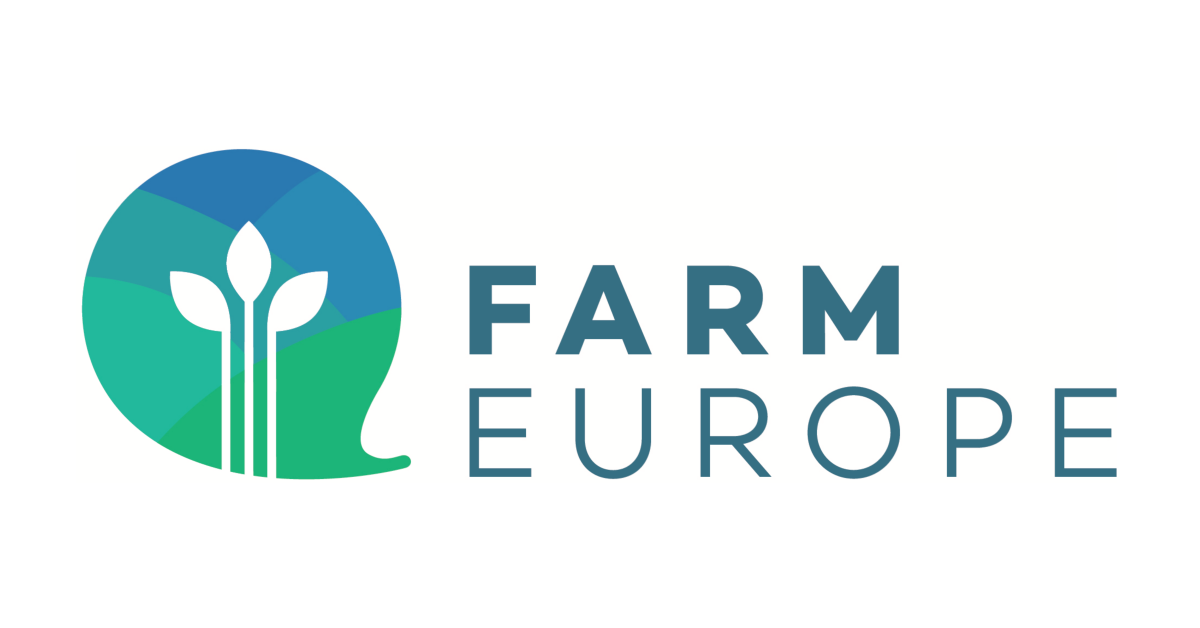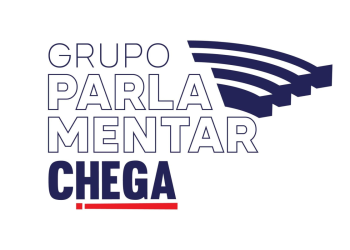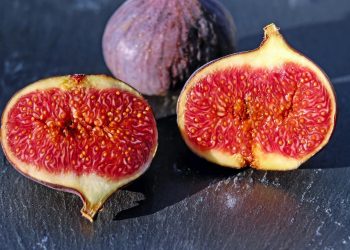“Agriculture Committee Approves Ms Aguilera’s Report with ambitious targets while minimizing bureaucratic hurdles and the shortcomings of the initial proposal from the Commission”
On October 9th, the Agriculture Committee made a significant contribution regarding the sustainable use of pesticides (SUR) by voting on the Aguilera report. This report introduces key changes to the European Commission proposal that will shape the future of pesticide usage in agriculture. The approved AGRI opinion is a step in the right direction, setting ambitious targets while minimising bureaucratic hurdles, making it more practical and accessible for implementation in the agricultural sector. Many shortcomings of the initial proposal from the European Commission are corrected, which should encourage the Environment Committee of the Parliament to follow the same path and draw inspiration from the consistant approach of the report voted by ComAGRI.
Key Decisions
- Pesticide Reduction Targets: The committee has set an ambitious goal to reduce pesticide use and risks by up to 50% by 2035. Additionally, Member States are required to establish national reduction targets of at least 35%.
- Feasibility Evaluation: By 2029, the Commission would assess the feasibility of achieving the Union’s 2035 reduction targets. This assessment will be based on the availability of alternative non-chemical pest control methods and low-risk plant protection products.
- Adjusted Reference Period: The reference period for calculating the reduction in pesticide use and risk has been changed to 2011-2012-2013, a shift from the Commission’s proposal of 2015-2016-2017.
- Sensitive Areas: Member States have the authority to define their sensitive areas, but specific details on territorial designations would have to be defined by the Member States.
- Electronic Record-keeping: The requirement for farmers to use electronic registers to document preventive practices and pesticide applications was not approved. Articles 14 and 16, which outlined these obligations, were removed.
- Crop-Specific Guidelines: Article 15 now provides crop-specific guidelines instead of rigid rules for integrated pest management (IPM).Non-Chemical Pest Control: Farmers are no longer obligated to use non-chemical tools before resorting to pesticides. This change allows more flexibility in agronomic decisions.
- Fast Track Approval for Low-Risk Methods: A new article (42b) proposes to fasten approval process for low-risk and biological control methods. This includes the potential for provisional authorization of ‘biological control plant protection products derived from natural substances’.
- Precision Agriculture and Drones: The regulation calls for the implementation of precision agriculture, including the use of drones, one year after the regulation takes effect, as opposed to the Commission’s original proposal of three years.
- Financing: Article 43, which initially intended to fund this regulation with CAP (Common Agricultural Policy) funds, has been removed. MEPs felt that additional funding sources were necessary, and it was not appropriate to allocate existing CAP funds to new policies.
Final Approval
The final text of the Aguilera report was approved with 26 votes in favor, 9 against, and 3 abstentions. Notably, the Renew Group played a pivotal role in the decision-making process, at times aligning with the EPP and at other times abstaining.
O artigo foi publicado originalmente em Farm Europe.

